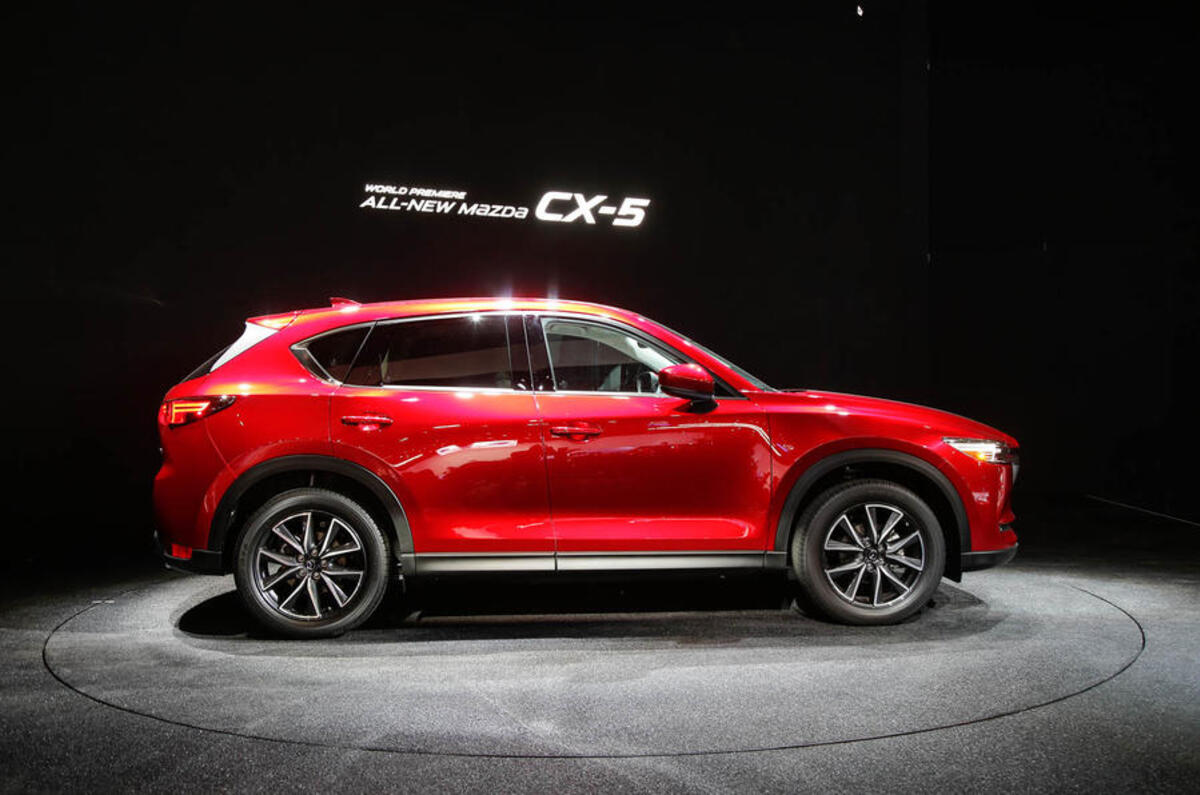A small but significant announcement from Mazda today: it's bringing a diesel engine to US for the first time in its all-new Mazda CX-5.
The timing may seem rather suspect, given diesel's name has been dragged through the mud frequently in recent months, not only from Volkswagen's Dieselgate scandal but also an increasing clampdown on the technology through regulation in major European cities.
So I asked Mazda's European boss, Jeff Guyton, an American himself, why the company was bringing diesel to the US.
"The US for years has had an on/off affair with diesel. In the 1970s oil crisis, diesels got a bad name as they were rushed to market for their fuel economy, but they didn't last long [in terms of reliability]. Only premium brands Volvo and Mercedes-Benz made them work, and they built up a strong and loyal following among their customers."
Volkswagen was one of the new wave of pioneers for diesel in the US with its 'Clean Diesel' strapline, but we all know the rest. But Guyton believes that the scandal has done more to damage the name of the company involved than the technology itself.
"It's interesting to launch it now after all this has happened," he said. "We don't think that the issue is with diesel. I'm interested to see how the US press in particular reacts; this could be a positive story, the technology being brought to market in a compliant way and they like it.
"For us, it's a differentiator. Few cars have it and it gives great value."
Guyton reckons US buyers will go for the CX-5 diesel due to the improved torque and fuel economy on offer, the latter in particular important when compared with hybrids.
On a wider point, Guyton said Mazda would continue to persist with and develop diesel technology.
"A few years ago, brands were saying we're out of diesel, as we can't achieve the particulate and NOx emissions. They'd go for hybrids instead. Mazda said we could meet the regulations without after-treatments, which are expensive and heavy. We gave them a reduced compression ratio that other manufacturers couldn't, which made them rev better and allowed us to take out weight.










Add your comment